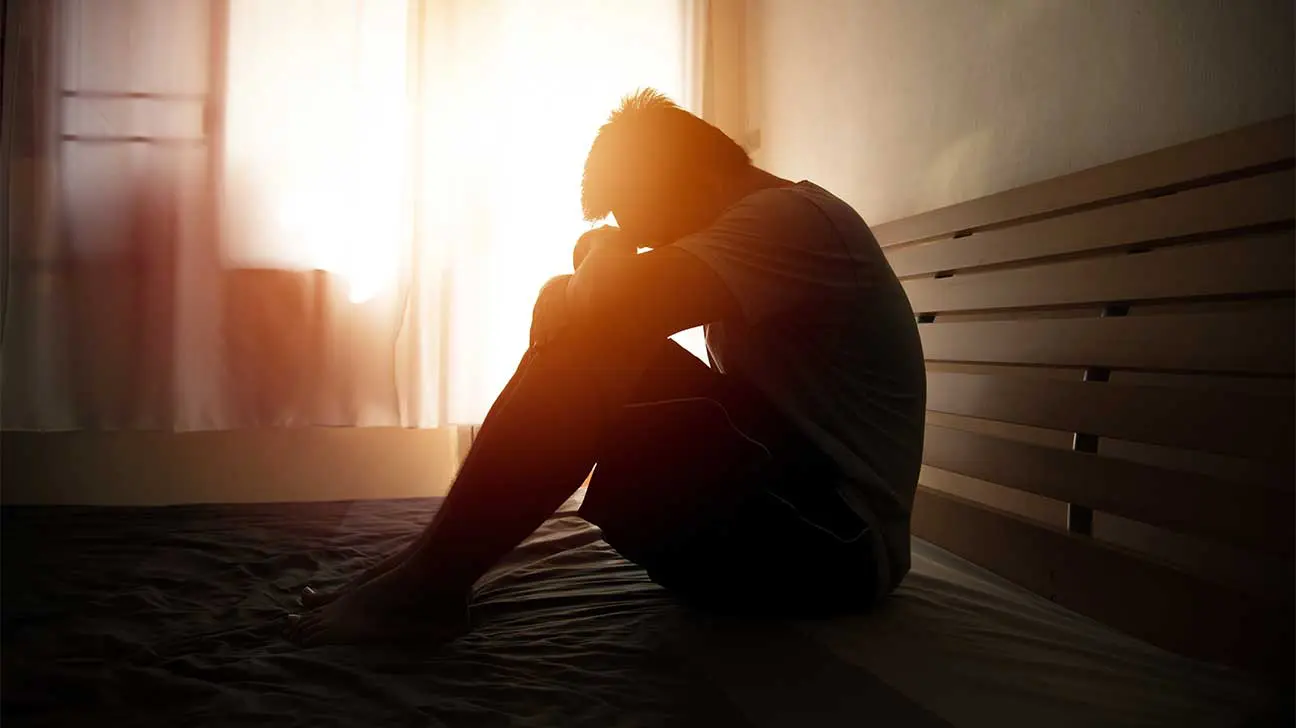5 Signs Your Loved One Has Relapsed
Addiction is a lifelong disease, and your loved one is likely challenged by a risk of relapse. While experiencing the stages of relapse isn’t a sign of weakness, it may suggest your loved one needs additional support for their mental health.

Although everyone has their own personal experience with substance abuse and recovery, here are five relapse warning signs to look out for in your loved one:
1. They Seem Depressed And Overly Defensive
Even before your loved one thinks about returning to drug or alcohol use, their underlying emotions and behaviors could be setting the stage for a future relapse.
Especially if they recently stopped using, their emotions are likely still out-of-whack. They may seem unusually sad or depressed, staying in bed longer than normal or not saying much.
They may also show frequent mood swings and respond with defensiveness when family members ask what’s wrong.
2. They Have Poor Sleeping Or Eating Habits
Your loved one may stop practicing self-care, including basic things like eating well or sleeping well, once they enter the early stages towards physical or emotional relapse.
If the healthy habits they built their recovery around start to drop on their priority list, it may suggest they’re struggling with something deep down.
3. They Isolate Themselves, Hide Things, And Lie
Some people with drug addiction start planning their relapse in advance. They might know it’s wrong and they shouldn’t do it, but in another part of their mind, they experience strong cravings and are moving towards relapsing.
This may cause them to be less honest with you, distance themselves from conversations, and act a little suspicious or elusive.
Relapse is a process that plants its seeds in their mind before any action takes root. Once they experience physical relapse and start using, these behaviors may only grow worse.
4. They Skip Meetings And Their Routine Changes
One thing that keeps us strong in addiction recovery is adhering to a strict routine to keep our minds right and focus on each day. If your loved one is in recovery, you likely know they do certain things in their routine, like biking, exercising, or attending support group meetings.
If this routine starts to slip or if they begin to skip meetings or expose themselves to common triggers, it could be a crucial warning sign. They may have turned to alcohol or drug use in hopes of relieving some of the mental and emotional anguish they’re experiencing in sobriety.
5. Old Habits And Signs Of Withdrawal
Suddenly returning to old habits, like hanging out with old friends, avoiding contact with loved ones, or staying out late, could suggest they’re having an addiction relapse.
You may even notice paraphernalia, empty liquor bottles, or other old habits like taking out more cash from the ATM or being so intoxicated they pass out or can’t speak.
A telltale sign of drug or alcohol relapse is when they start to show physical or psychological withdrawal symptoms. Withdrawal suggests they may have been using for some time, but have stopped long enough to show symptoms like vomiting, sweating, chills, or intense mood swings.
How To Help A Loved One Showing Relapse Warning Signs
There are steps you can take to protect your loved one both before and after they relapse. To do your part in relapse prevention, it’s crucial to spot the early warnings of emotional and mental relapse (signs one to three above).
Here’s how you can help your loved one if you see early relapse warning signs:
- talk to them to see if they’ll share what they’re going through
- if they’re reluctant to talk you, see if they’ll call a helpline
- distract them with a fun activity
- promote self-care by eating well and sticking to your habits
- let them know you love them no matter what
If your loved one does relapse, help them consider addiction treatment by:
- gathering rehab information and services
- offering to take them to support group meetings or a treatment facility
- finding enjoyable sober activities they can look forward to
- gently swaying them from people or places that tempt their drug or alcohol use
- being understanding and talking freely with them about cravings and substance use
- helping them find a treatment program they feel excited about
Evidence-Based Care At Spring Hill Recovery Center
Many of our compassionate staff at Spring Hill are in recovery themselves, and some have gone through relapse as well. We understand the difficulties you and your loved one experience on the recovery journey, and we’re here to help and support the whole family.
Our residential treatment program includes evidence-based behavioral therapy, family counseling, and a quiet atmosphere surrounded by nature.
To learn more about our rehab program, please contact us today.
- Addictions and Recovery — Relapse Prevention Plan and Early Warning Signs https://www.addictionsandrecovery.org/relapse-prevention.htm
- National Institute on Drug Abuse: Easy to Read Drug Facts — How can friends and family help? https://easyread.drugabuse.gov/content/how-can-friends-and-family-help


